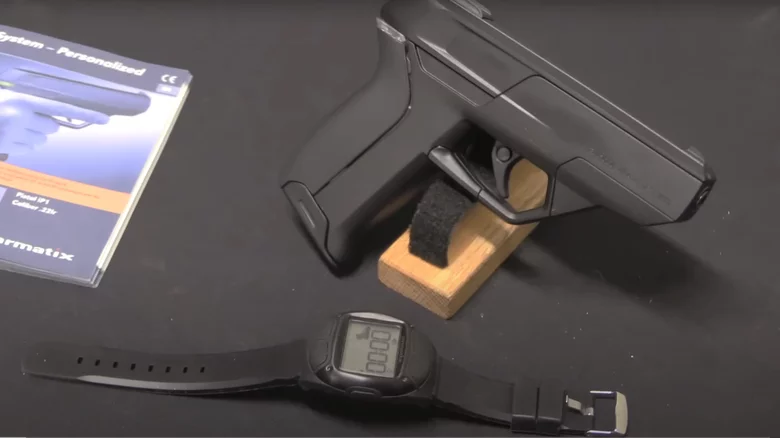
Sep 26(ABC): Firearm safety is a hot-button issue all over the world. Not only do civilians and sportsman want to ensure they are exercising the utmost care in the handling of firearms, militaries and law enforcement agencies want to do their best to make sure their weapons don’t end up in the wrong hands.
“Smart guns” as a concept have been around for the past few decades. In theory, each firearm is constructed in such a way that only authorized users are capable of using the weapon. From the safety side of things, this sounds like a fantastic idea. In law enforcement, it could prevent a criminal from using a law enforcement officer’s service weapon. Militaries and special forces soldiers could use smart guns to prevent their technology from getting into the hands of enemy forces. Civilian gun owners in countries or states where it’s legally permissible could use smart gun technology to hinder thieves from operating a stolen gun, but also prevent children from using a gun they may find in the house.
In practice, smart gun technology is still far away. The iP1 was conceived by a German gunmaker called Armatix in an effort to produce the first real smart gun. The company’s effort, as valiant as it was, missed the mark completely and never reached a commercial market.
























